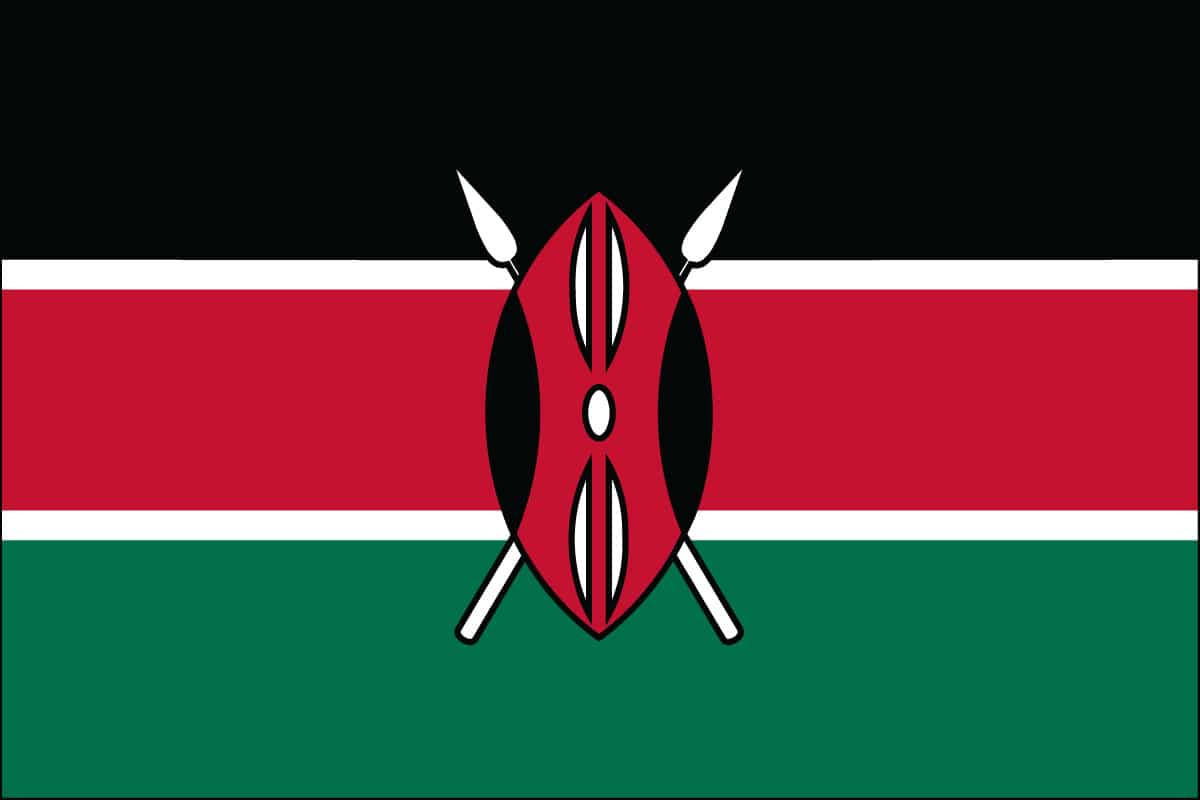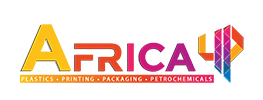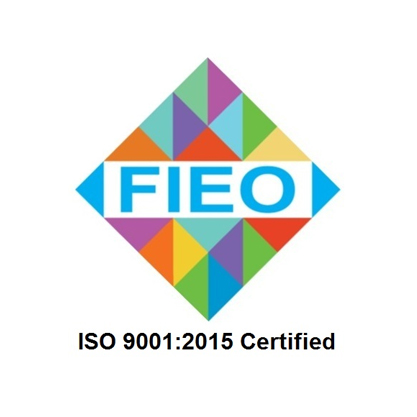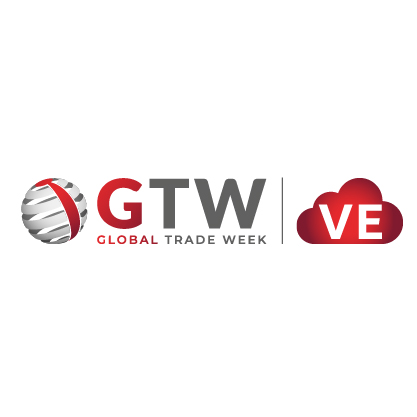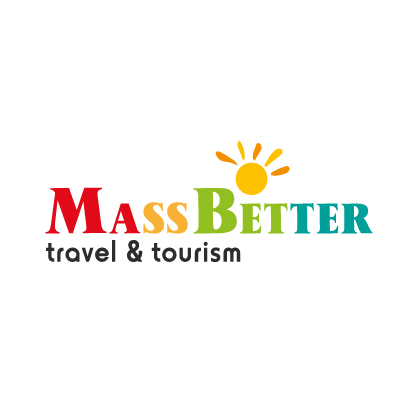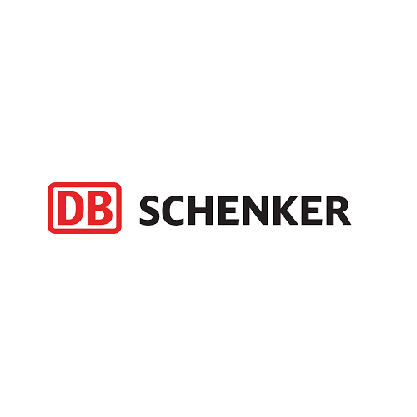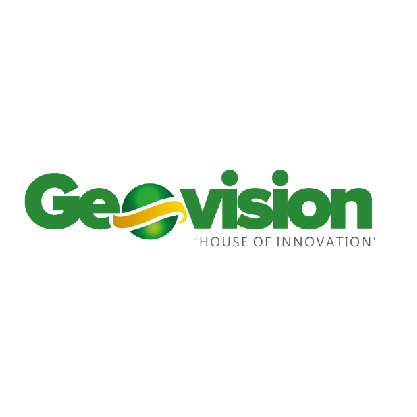
Plastic waste continues to have a negative impact on the global environment, affecting all socio-economic sectors. Nigeria struggles to safeguard its people from environmental health concerns that include poor air quality, heavy metals, sanitary conditions, unsafe drinking water, and waste management.
Half of all plastic produced is designed for single-use and then discarded, resulting in approximately 400 million metric tons of plastic waste each year. This necessitates immediate action. According to the United Nations Environment Program (UNEP), more than one million plastic bottles are purchased every minute, and up to five trillion plastic bags are used globally each year. Out of over 7 billion metric tons (estimated) of globally generated plastic waste, less than 10 per cent has been recycled.
Reports also have it that Nigeria is the ninth-largest contributor to global plastic pollution, producing approximately 2.5 million metric tons of plastic waste each year, with most of it ending up in rivers, drains, lagoons, and the ocean.
In addressing these waste issues, The Coca-Cola Company has made significant progress in environmental sustainability projects aimed at reducing plastic waste around the world, setting an ambitious goal of making 100 percent of its packaging recyclable globally by 2025.
In February 2022, Coca-Cola announced an industry-leading reusable packaging goal that by 2030, the organization aims to have at least 25 percent of its beverages worldwide by volume sold in refillable/returnable glass or plastic bottles or in fountain dispensers with reusable packaging. This builds on its already strong track record with refillable packaging, especially in Africa and Nigeria in particular. To achieve these objectives, the company began by redesigning PET for its products in order to make them recyclable. Sprite, one of its largest global sparkling beverage brands discontinued its iconic green colored PET and made the switch to clear PET packaging in 2020 across several markets globally, including Nigeria. This enables better recycling and easier conversion into new bottles by increasing the supply of high-value recycled plastic in the after-use market. The beverage company is investing in and developing systems to support a circular economy as part of a clear and deliberate strategy.
The economy is currently linear, with materials extracted from the earth and products made from them eventually discarded as waste; however, with these investments in environmental sustainability, a circular economy (the new economy) is being launched, which means waste will be reduced and possibly avoided.
In Nigeria, Coca-Cola is working with social enterprises, civil societies and governments organizations with a focus to stimulate a circular economy to deal with plastic waste and contribute to improving a debris-free environment by marshaling initiatives that seek to empower people who may be involved in the collection and aggregation of plastic waste for recycling, in addition to driving the recycling agenda.
To deepen the thrust of its agenda in Nigeria, Coca-Cola has embarked on several projects targeted at creating sustainable recycling hubs, especially around market areas, empowering over 5,000 waste operators from densely populated states and cities in the country. Some of the notable ongoing projects include Cycleplast implemented by Nigeria Climate Innovation Center (NCIC), with the primary goal of increasing the number of clean and food-grade PET bottles collected from the environment for use in recycling programs and applications.
The project is implemented across six states, scaling the collection and recycling efforts of six recycling businesses to better incentivize waste pickers and everyone involved in the plastic waste value chain. This has improved the collection of these packaging materials to ensure we have a more sustainable and cleaner environment. Another signature project is the Empowering Collectors Initiative (ECI), implemented by Growing Businesses Foundation (GBF), a non-governmental organization, with the objective to improve the largely unorganized plastic waste collection, aggregation, and recycling process in Nigeria, which also includes the daily accomplishments of predefined tasks linked to the goals of the project. The project has scaled collections and micro-aggregation of plastic waste in six states: Kaduna, Lagos, Oyo, Enugu, Rivers, and the Federal Capital Territory, Abuja, with a target of recovering a minimum of 25,000MT of PET (polyethylene terephthalate) plastics, thus providing decent work and economic opportunity to plastic waste collectors and micro-aggregators. Women and youth across these regions have been empowered and positively impacted while being on-boarded into the ECI project, and their income levels have increased.
Over the last six months, both projects have made tremendous progress, recovered over 200 million PET and empowered over 2,000 collectors and aggregators. These projects will no doubt strengthen the plastic value chain across the country.
Nwamaka Onyemelukwe, Director of Public Affairs, Communications, and Sustainability at Coca-Cola Nigeria, stated, “Sustainability and the circular economy begin with us. The circular economy advocates reducing waste and maximizing financial opportunities. When a product reaches the end of its useful life, its components are reused whenever possible. These can be used repeatedly to add value”.
“Despite the fact that food and beverages play an important role in our daily lives, there is a global packaging problem. We have a responsibility to contribute to the problem’s resolution as we continue to partner with like minded organizations with similar visions’’.
All these noteworthy initiatives fall under the overarching sustainability agenda of The Coca-Cola Company which focuses on building collaboration with stakeholders to promote advocacy on responsible waste disposal habits as well as the collection and recycling of plastic and other packaging waste towards developing a circular economy. This vision continues to guide the interventions of the company across global markets including Nigeria where the company continues to innovate ways to further its World Without Waste agenda. Noteworthy is the commemoration of the United Nations “World Environment Day” in June 2022 which saw the company organize a System beach cleanup campaign in partnership with key government and non-governmental stakeholders alongside community volunteers at Elegushi beach in Lagos state, with the goal of engendering better waste disposal habits amongst residents of coastal communities within the region.
Also adding to the list of Coca-Cola’s community support interventions in Nigeria is the grant from The Coca-Cola Foundation to the African CleanUp Initiative, the implementing partners of the RecyclesPay and CleanUp Naija projects that impacted over 15,000 people in Nigeria through the project’s duration. The grant, awarded towards the expansion of the innovative RecyclesPay Plastic-For-Tuition project, allowed low-income families to pay the tuition of their children by exchanging used PET bottles for school fees, while promoting community involvement and consciousness to the impact of indiscriminate waste disposal in the country.
In the same breath, the world’s leading beverage company remains at the forefront of efforts to promote the reduction of carbon emissions as part of a comprehensive agenda to combat climate change.
Coca-Cola, in collaboration with its bottling partner in Nigeria, Nigerian Bottling Company (NBC), unveiled its roadmap for transitioning to renewable energy in its manufacturing operations. This is consistent with its commitment to achieving Net Zero emissions by 2040. The move is expected to strengthen its solid credentials in pioneering sustainable manufacturing in Nigeria, and it follows a series of consistent investments made by the company in sustainable manufacturing.
Coca-Cola has also received multiple awards from various organizations in recognition of its sustainability achievements and milestones in Nigeria. More recently, Coca-Cola received the “ECOSEA Award for Environmental Sustainability Investment” at the Environmental Sustainability Conference Expo and Awards on November 4th in Lagos.
Also, for the 6th consecutive year since 2011, Coca-Cola emerged winner of the “Best Company in Promotion of Good Health and Well-being” award at the 16th Edition of the Sustainability, Enterprise and Responsibility Awards (SERAS), in recognition of its commitment to promoting sustainable development in communities across Nigeria, through its neonatal and maternal mortality reduction intervention, the Safe Birth Initiative (SBI).
The Lagos State Government also named The Coca-Cola Company in Nigeria, the “Best Company with Outstanding Social Impact” while the Waste Management Society of Nigeria (WAMASON) recognized the company through a Sustainability Excellence Award, for its laudable efforts in driving a Circular Economy through its various recycling initiatives.
Coca-Cola has been refreshing the world and making a difference for over 136 years globally and over 71 years in Nigeria. Today, Coca-Cola has proven that a shared future is the only sustainable future by putting sustainability at the heart of its operations, from the design of plastic packaging to collection and partnerships across Nigeria and the world.

